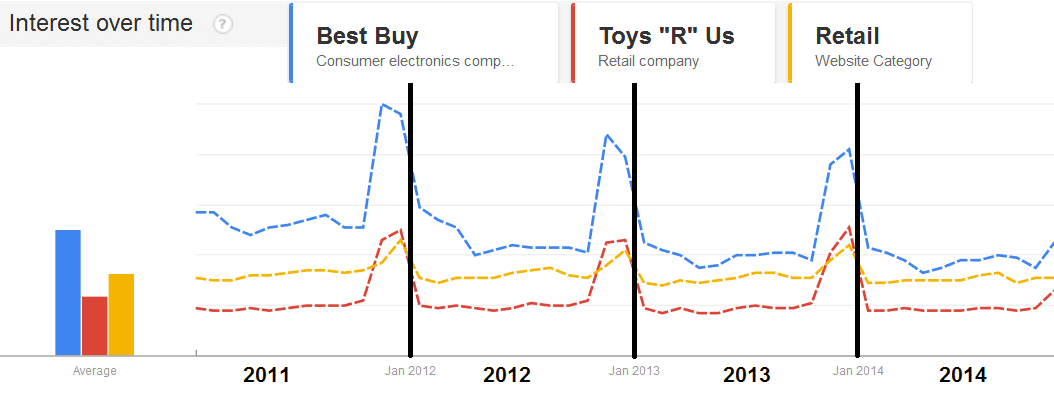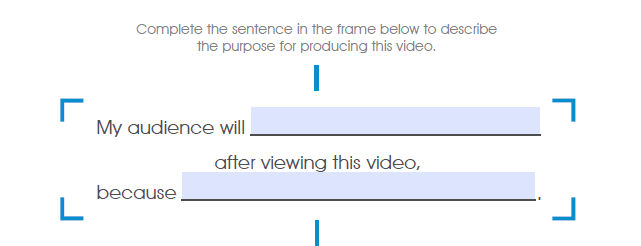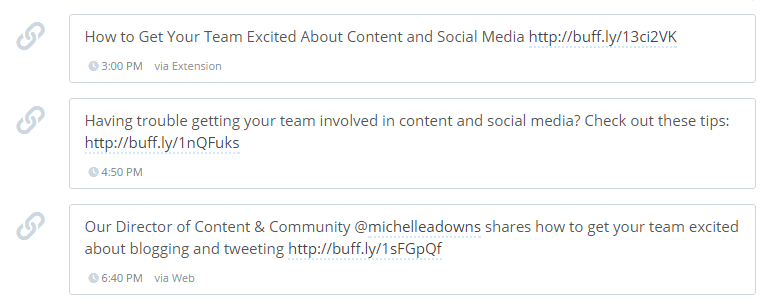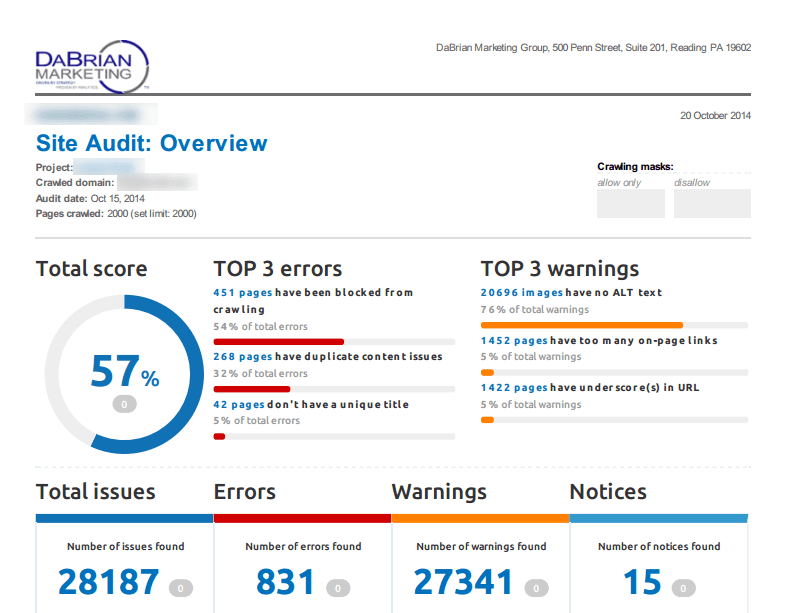Clicking the send button for the third time, you’re starting to wonder if your Internet is down. Or if you spelled your account rep’s email wrong. Or if a sinkhole opened up beneath the city where your local SEO agency is located.
In any case, this lack of communication is the straw that’s about to break the camel’s back. And that’s not even the half of it. It’s time to cut ties with your local SEO service provider. Open up your company letterhead and start that strongly-worded termination notice, because…
1. They’ve been trying to game the system
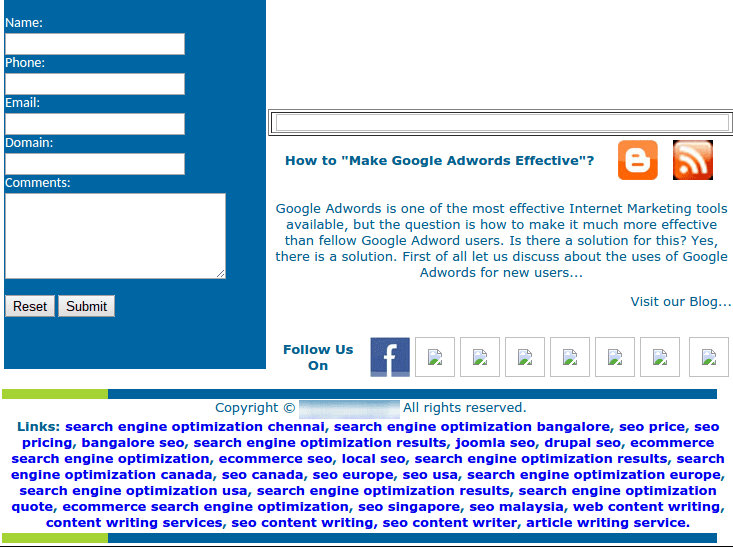
It’s no secret that there are companies out there that disguise unethical tricks and aggressive techniques as “premier local SEO services.” The bottom line? They might be able to provide temporary boosts in rankings, but you shouldn’t expect those incremental shifts to stay for very long. In fact, if you haven’t seen your organic search performance take a nosedive as a result of your local SEO agency’s work, you should consider yourself lucky.
What else should throw a red flag? If you notice any of the following:
- Inaccurate or non-specific local listing information
- Too many Google reviews you don’t recognize
- Multiple listings for your single business location
It’s very likely that the agency providing your local SEO services is more concerned with compensation than actually helping your business’s local visibility. And if you haven’t heard from them in a while, it’s probably because…
2. They’ve Left the the “O” out of “Local SEO”
Because the local SEO space changes so often, whether from the perspective of user search trends, algorithms, or the platforms themselves, it’s in a local SEO service provider’s best interest to stay up-to-date. And really, that’s what it’s all about. It’s called “Optimization” for a reason; it’s a process that must change and adapt as the search engines do. No business can hope to succeed if their agency is taking a “set-it-and-forget-it” approach. If you suspect your vendor is guilty of this, here’s a great way to evaluate their approach:
Simply ask: “What does your roadmap for local SEO services look like for the next 3 months?”
If your agency rep either A) has no idea what you’re asking them, or B) makes no mention of a specific change made by Google, Yahoo, or Bing, your Spidey senses were spot-on. And while you have your agency on the line, it might be worth asking about why…
3. They’re not measuring progress in a meaningful way
- Key measures of success that you’ve seen before and/or approved
- A comprehensive data set without any big gaps or inconsistencies
- Action items and/or a timeline of next steps that they will take on your behalf

